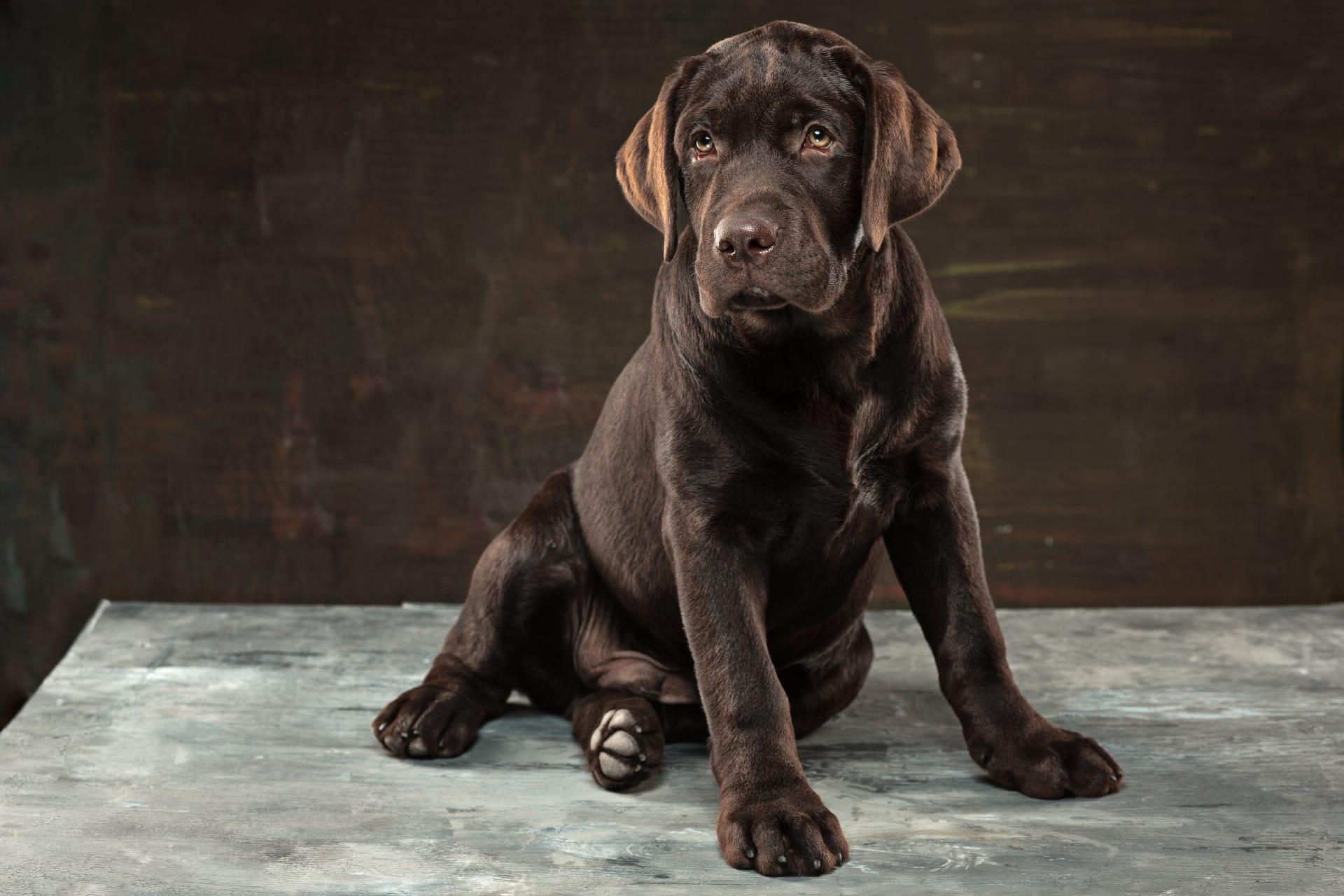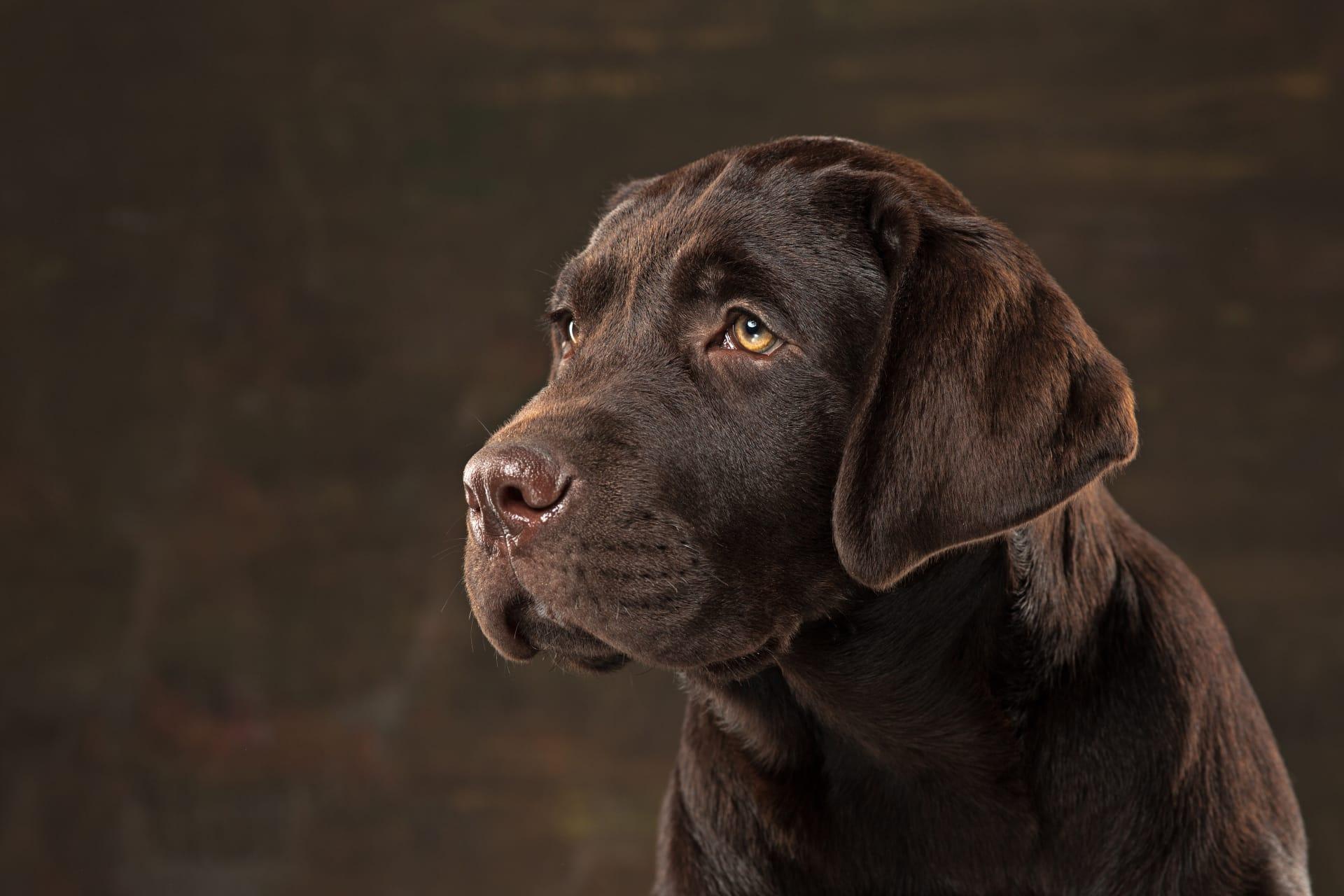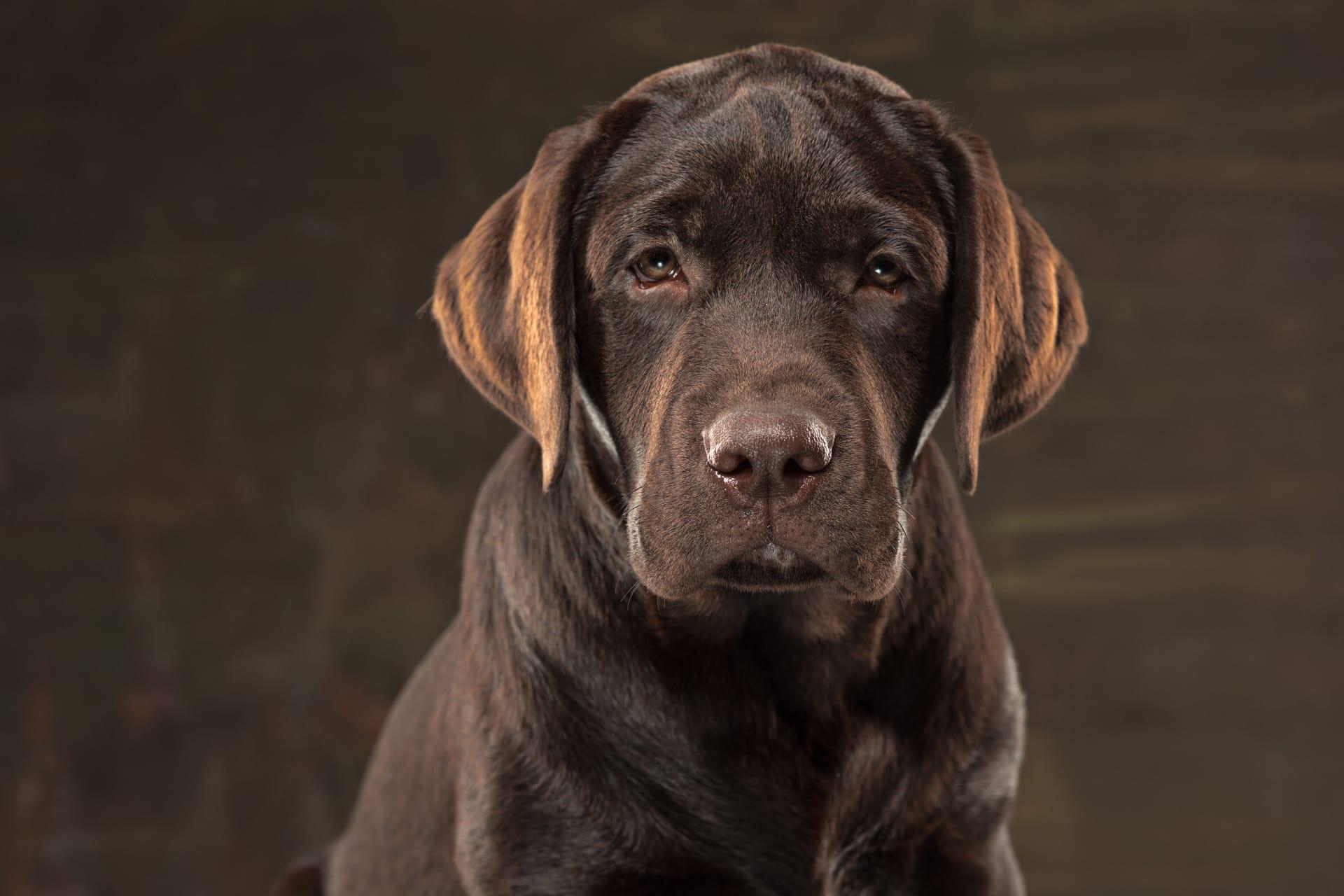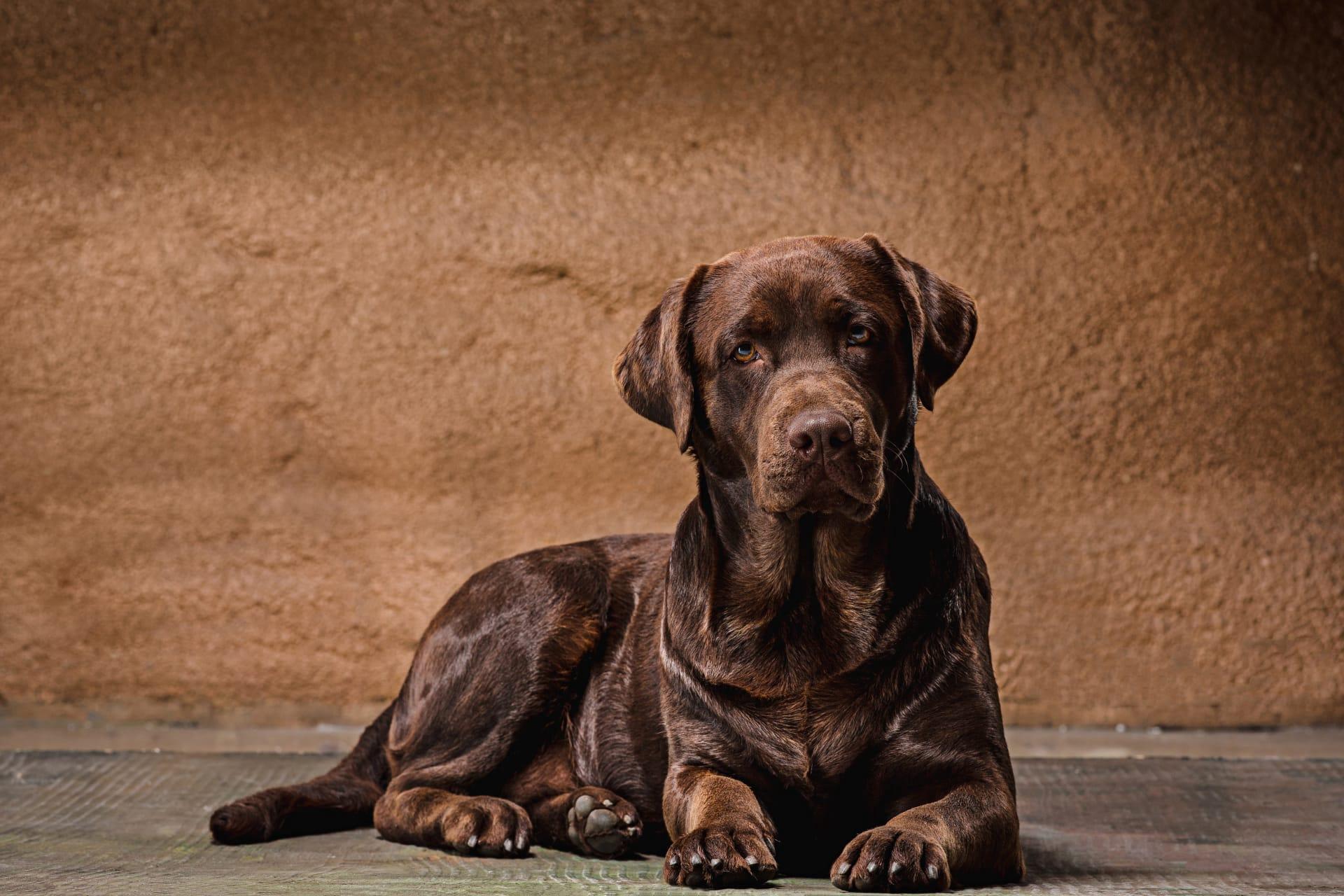Cane Corso Trivia
- Home /
- Trivia Question /
- Animal /
- Cane Corso Trivia
1
Question: What is the average size and weight of a Cane Corso?
Answer: A Cane Corso typically stands at about 24 to 27 inches tall at the shoulder for males and 23 to 25 inches for females. In terms of weight, males usually weigh between 99 and 110 pounds, while females are generally lighter, ranging from 88 to 99 pounds. These dogs are known for their muscular build and impressive physical presence.
Question: What is the lifespan of a Cane Corso and what health issues should owners be aware of?
Answer: Cane Corsos have a lifespan of about 10 to 12 years. They are prone to certain health issues like hip dysplasia, elbow dysplasia, and gastric torsion. Regular vet check-ups and maintaining a healthy diet and exercise routine can help mitigate some of these risks. It's important for owners to be aware of these potential health issues for early detection and management.

2
Question: Is it true that Cane Corsos are inherently aggressive dogs?
Answer: This is a common misconception. Cane Corsos are not inherently aggressive. They are protective and have a strong guarding instinct, which can be mistaken for aggression. Proper socialization and training from a young age are essential to ensure they are well-behaved and comfortable around other animals and people.
Question: Do Cane Corsos require a lot of space and exercise?
Answer: Yes, they do. Cane Corsos are large, energetic dogs that require regular exercise to maintain their health and happiness. They thrive in environments where they have enough space to move around freely. Daily walks, playtime, and mental stimulation are crucial for their well-being. They are not well-suited for small living spaces like apartments.

3
Question: How intelligent and trainable are Cane Corsos?
Answer: Cane Corsos are highly intelligent and trainable. They respond well to consistent, positive reinforcement training methods. Due to their intelligence, they require mental stimulation to prevent boredom, which can lead to destructive behavior. They excel in obedience, tracking, and agility training.
Question: What kind of grooming does a Cane Corso need?
Answer: Cane Corsos have a short, dense coat that requires minimal grooming. Regular brushing, about once a week, helps to remove dead hair and maintain coat health. They shed moderately, so more frequent brushing may be necessary during shedding seasons. Regular nail trimming, ear cleaning, and dental care are also important for their overall health.

4
Question: Can Cane Corsos adapt well to living with children and other pets?
Answer: With proper training and socialization, Cane Corsos can adapt well to living with children and other pets. They are known to be loyal and protective of their family members, including kids. However, due to their size and strength, supervision is recommended when they are around small children and other animals.
Question: What is the origin of the Cane Corso breed?
Answer: The Cane Corso is a descendant of Roman war dogs and was traditionally used in Italy as a guard dog, hunting dog, and farmhand. The breed nearly became extinct in the mid-20th century but was revived by enthusiasts in the 1970s and 1980s. Today, they are appreciated for their versatility, loyalty, and protective nature.

5
Question: What is the best diet for a Cane Corso?
Answer: The best diet for a Cane Corso should be high in protein and fat to support their muscular build and energy levels. It's important to feed them a balanced diet that meets their nutritional needs, which can include high-quality commercial dog food or a well-planned raw diet. Always consult with a vet for dietary recommendations specific to your dog's health, age, and activity level.
Question: How much socialization do Cane Corsos need?
Answer: Cane Corsos require extensive socialization starting from a young age. Exposing them to different people, animals, environments, and experiences is crucial for their development into well-adjusted adults. This breed can be wary of strangers and new situations, so continuous socialization throughout their life is important to prevent any aggressive tendencies.